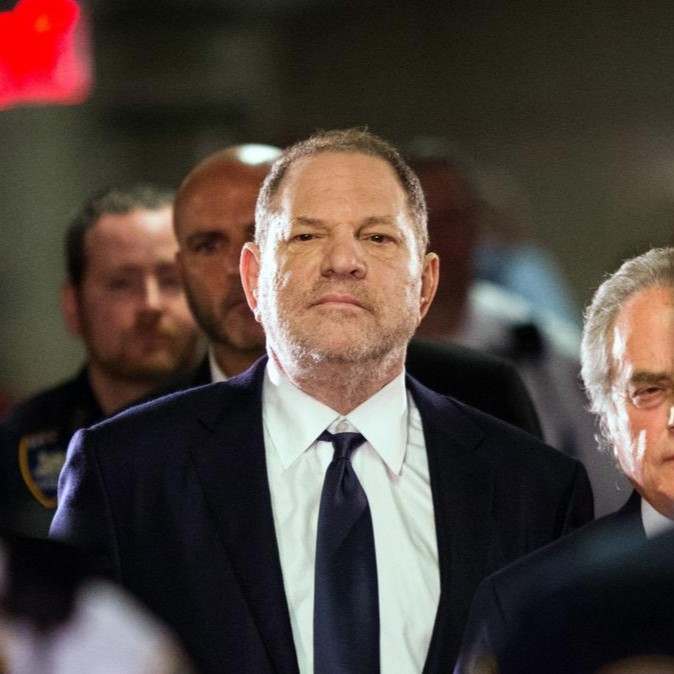In a decision that sent shockwaves through the #MeToo movement, New York’s highest court overturned Harvey Weinstein’s 2020 rape conviction. This dramatic turn of events has reignited discussions about judicial impartiality, the complexities of sexual assault trials, and the ongoing struggle for justice in the face of powerful figures.
The court’s 4-3 decision cited “egregious” errors made by the presiding judge during the trial, specifically focusing on the inclusion of testimonies from women whose allegations were not directly part of the charges against Weinstein. These testimonies, categorized as “prior bad acts,” were deemed prejudicial and potentially swayed the jury’s perception of the accused.
This ruling marks a significant setback for the #MeToo movement, which gained momentum in 2017 after numerous women came forward with accusations of sexual misconduct against Weinstein. His conviction in 2020 was seen as a watershed moment, symbolizing a shift in power dynamics and a glimmer of hope for survivors seeking accountability.
However, the overturned conviction does not exonerate Weinstein entirely. He remains in jail due to a separate rape conviction in Los Angeles, and the New York District Attorney’s office has expressed its intent to retry the case.
The implications of this decision extend far beyond Weinstein’s individual case. It raises crucial questions about the delicate balance between allowing victims to share their experiences and ensuring a fair trial for the accused. Concerns have been raised that the court’s ruling might discourage victims from coming forward due to the potential for their testimonies to be deemed inadmissible or used against them.
Furthermore, the debate surrounding “prior bad acts” evidence highlights the challenges of prosecuting sexual assault cases. These crimes often lack concrete evidence and rely heavily on witness testimonies. Allowing additional testimonies can provide context and corroboration, but also carries the risk of unfairly influencing the jury’s verdict.
While the overturned conviction undoubtedly casts a shadow on the #MeToo movement, it also serves as a stark reminder of the ongoing fight for justice. It underscores the need for continued vigilance against powerful individuals who exploit their positions to abuse others. It also emphasizes the importance of upholding fair and impartial legal procedures that ensure both victims and defendants receive a just outcome.
The path forward remains uncertain. Whether Weinstein faces a retrial and what the outcome might be is still to be determined. However, this case serves as a critical juncture, demanding a critical examination of judicial practices and a renewed commitment to ensuring a fair and just legal system for all.
-Priyal Singh



